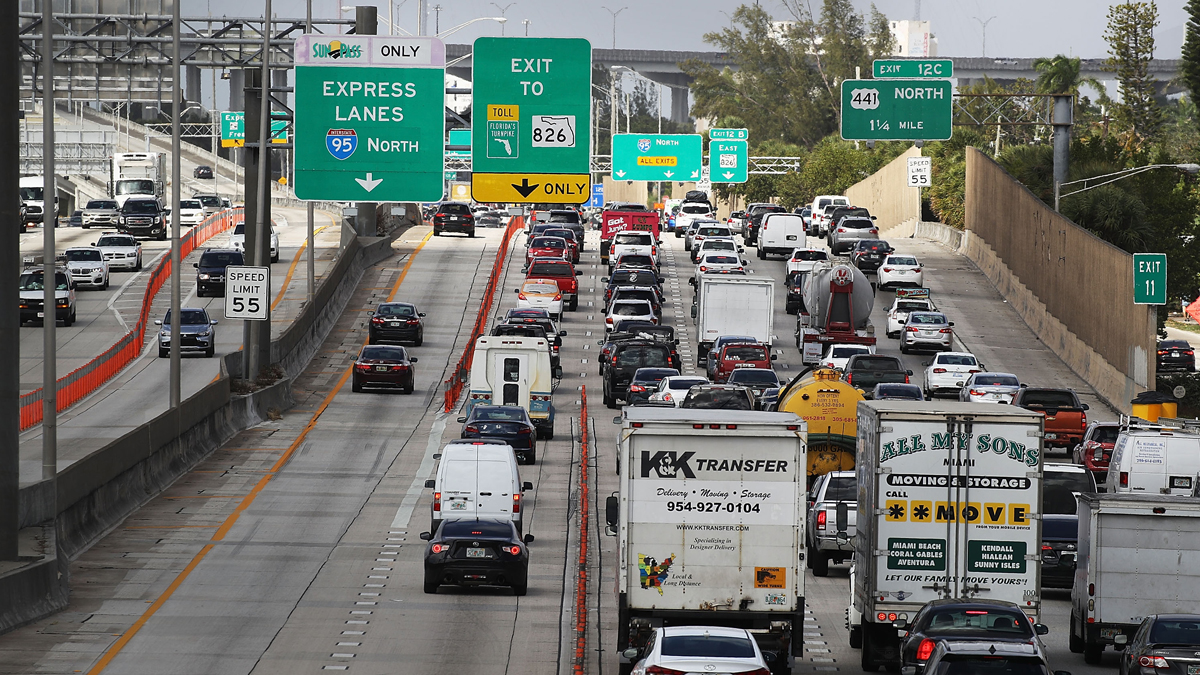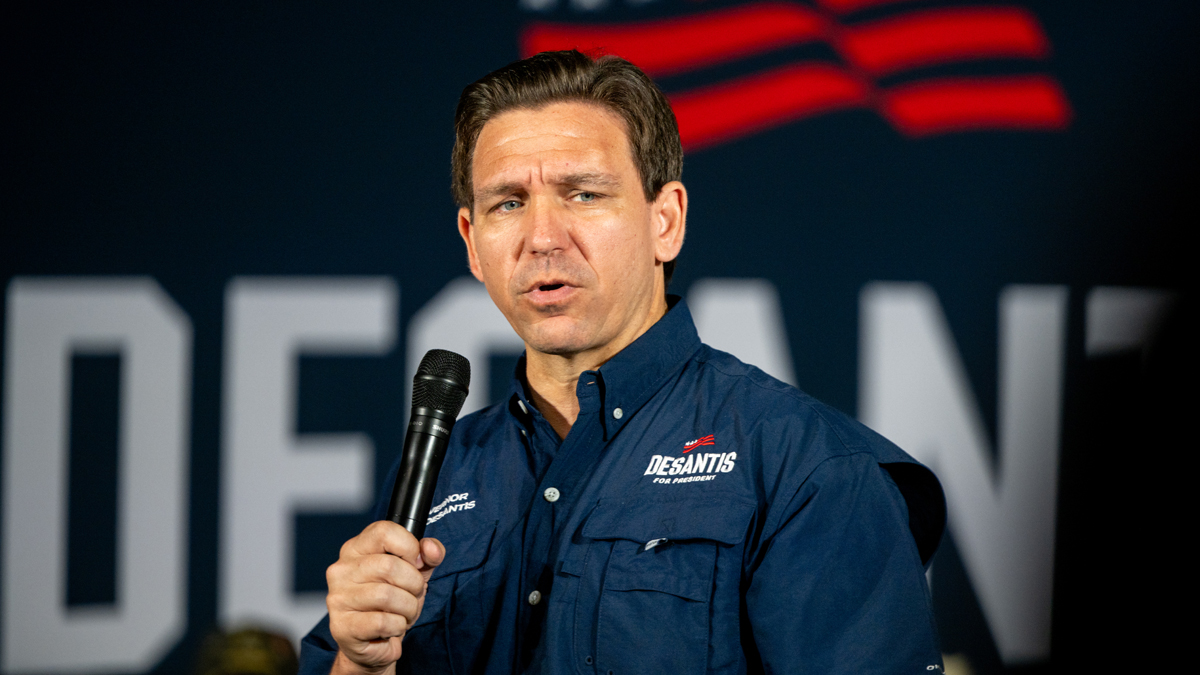Armed with a new U.S. Supreme Court opinion, the Biden administration this week argued that an appeals court should reject a Florida legal challenge to federal immigration policies.
U.S. Department of Justice attorneys Wednesday filed a 41-page brief that focused, in part, on a June 23 Supreme Court decision that tossed out a challenge by Texas and Louisiana to immigration policies. The Supreme Court said Texas and Louisiana did not have legal standing — a key initial test that must be met in lawsuits.
Watch NBC6 free wherever you are
Wednesday’s brief said the 11th U.S. Circuit Court of Appeals should similarly find that Florida does not have standing to challenge policies that Gov. Ron DeSantis and state Attorney General Ashley Moody contend have led to migrants improperly being released from detention.
“In United States v. Texas, the Supreme Court held that two states lacked standing to challenge DHS’s (the U.S. Department of Homeland Security’s) immigration enforcement policies because they lacked ‘a legally and judicially cognizable’ injury where their alleged injury were costs associated with having more noncitizens in their states. Florida similarly fails to satisfy the ‘bedrock constitutional requirement’ of standing,” the brief said.
Get local news you need to know to start your day with NBC 6's News Headlines newsletter.
IMMIGRATION
But in a June 26 brief, lawyers in Moody’s office tried to draw distinctions with the Texas and Louisiana case. As an example, they said the Texas and Louisiana case involved policies related to arresting and starting removal proceedings against migrants who crossed the U.S. border, while the Florida case involves “parole” policies that involve releasing people.
“Because the parole policies are not enforcement policies — because they both concern only detention and grant affirmative legal benefits — Florida has a judicially cognizable interest in remedying the sovereign and financial injuries they cause,” the state’s lawyers wrote.
The Biden administration went to the Atlanta-based appeals court in May to fight two rulings by Pensacola-based U.S. District Judge T. Kent Wetherell. The rulings, issued in March and May, said immigration policies known as “Parole Plus Alternatives to Detention” and “Parole with Conditions” violated federal law.
Wetherell, a former state appellate judge appointed to the federal bench by former President Donald Trump, vacated the Parole Plus Alternatives to Detention policy, also known as “Parole+ATD,” and issued a preliminary injunction against the Parole with Conditions policy.
Moody and DeSantis have long criticized federal immigration policies, with the state filing a lawsuit in September 2021 alleging that the Biden administration violated laws through “catch-and-release” policies that led to people being released from detention after crossing the border. The state has contended that undocumented immigrants move to Florida and create costs for such things as the education, health-care and prison systems.
The 2021 lawsuit ultimately led to Wetherell’s rulings. But the Biden administration has disputed allegations about violating federal laws and said the policies were needed to address issues such as overcrowding in detention facilities.
“The district court’s orders are overbroad, coercively interfere with DHS’s discretion to manage the border and far exceed the scope of Florida’s alleged injury,” Justice Department lawyers wrote in Wednesday’s brief.
While the two sides are battling about such issues at the appeals court, the Supreme Court’s 8-1 decision in the Texas and Louisiana case added another element to the case.
In the Supreme Court’s main opinion, Justice Brett Kavanaugh wrote that the court’s “precedents and longstanding historical practice establish that the states’ suit here is not the kind redressable by a federal court.”
“The states’ novel standing argument, if accepted, would entail expansive judicial direction of the department’s arrest policies,” Kavanaugh wrote in an opinion joined by Chief Justice John Roberts and Justices Sonia Sotomayor, Elena Kagan and Ketanji Brown Jackson. “If the (Supreme) Court green-lighted this suit, we could anticipate complaints in future years about alleged executive branch under-enforcement of any similarly worded laws — whether they be drug laws, gun laws, obstruction of justice laws, or the like. We decline to start the federal judiciary down that uncharted path.”
Justice Neil Gorsuch, in a concurring opinion joined by Justices Clarence Thomas and Amy Coney Barrett, took a different tack, writing that Texas and Louisiana didn’t have standing because of a lack of redressability.
“The (immigration enforcement) guidelines merely advise federal officials about how to exercise their prosecutorial discretion when it comes to deciding which aliens to prioritize for arrest and removal,” Gorsuch wrote. “A judicial decree rendering the guidelines a nullity does nothing to change the fact that federal officials possess the same underlying prosecutorial discretion. Nor does such a decree require federal officials to change how they exercise that discretion in the guidelines’ absence.”
Justice Samuel Alito dissented, saying the states had met legal tests for standing.



